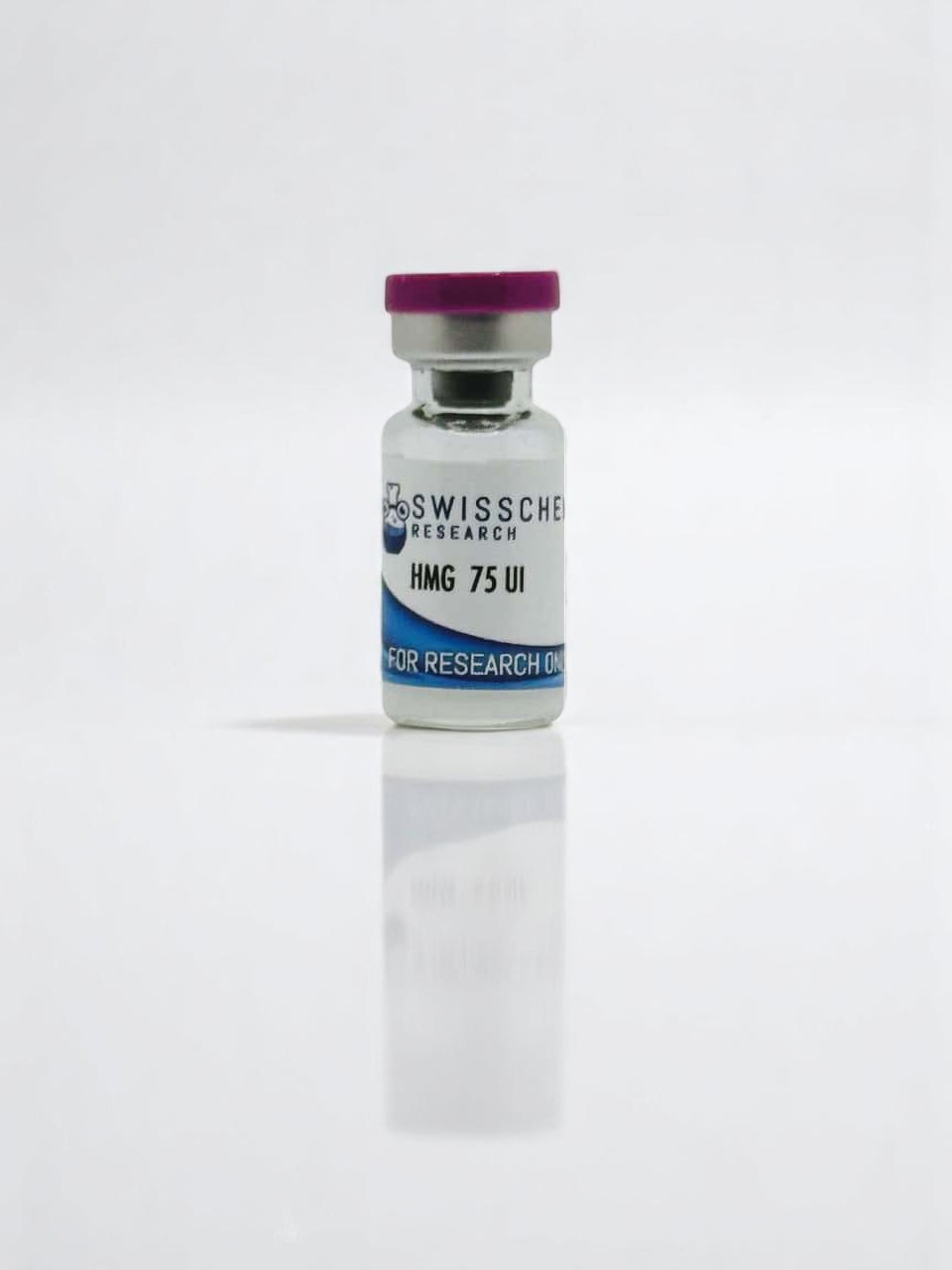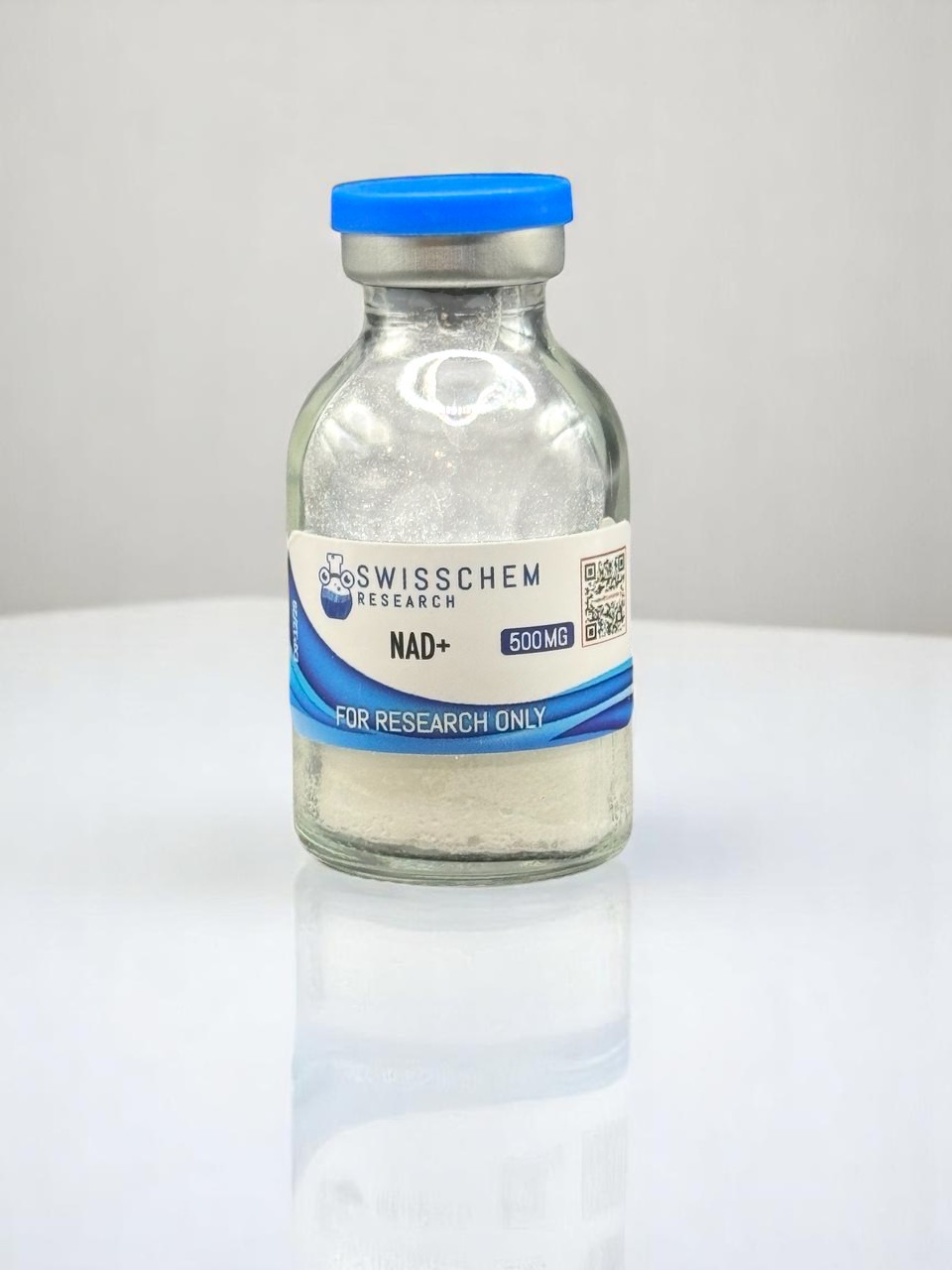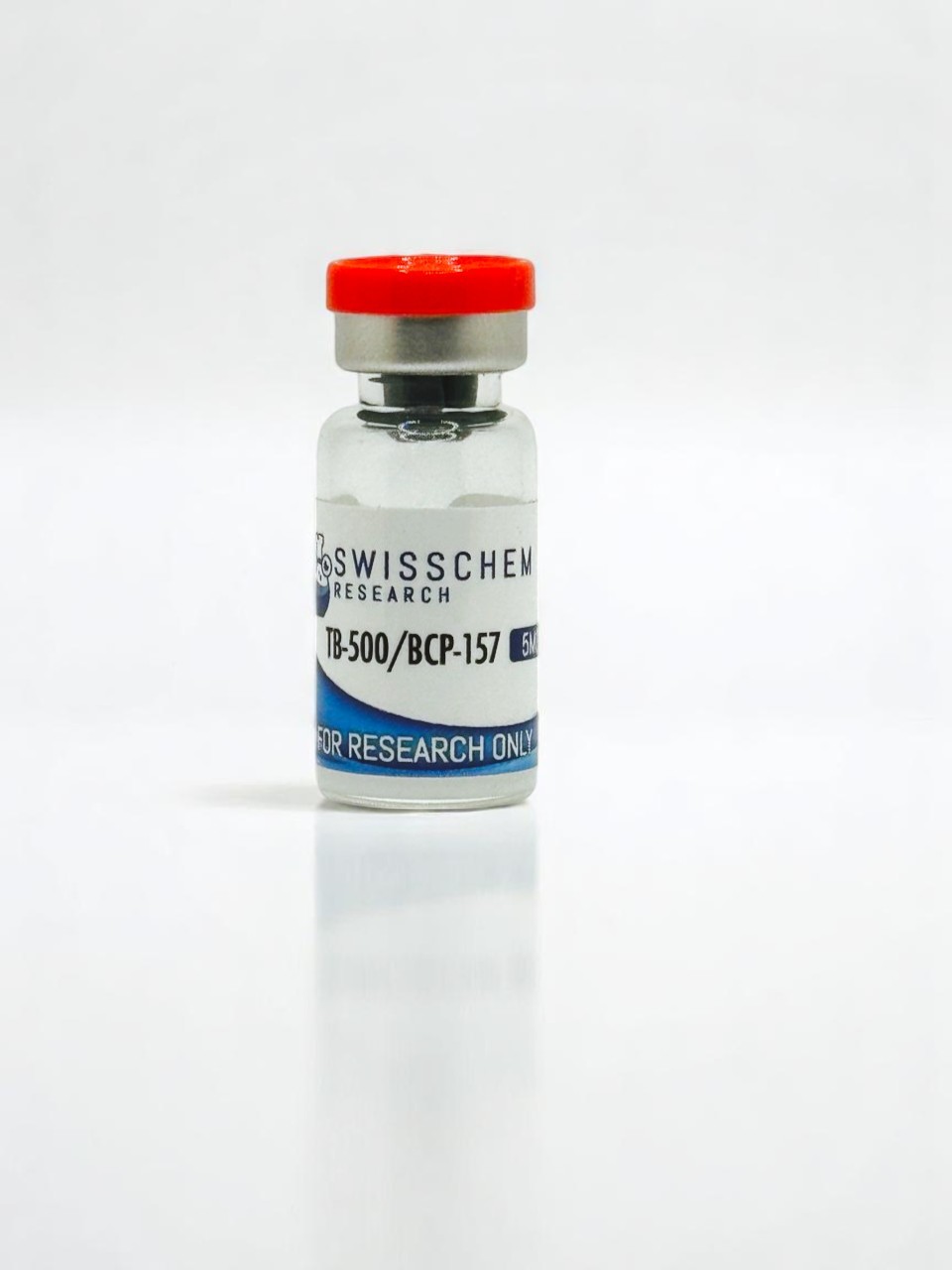Description
HMG: A Promising Solution for Male Infertility
What is HMG?
Human menopausal gonadotropin (HMG) is a hormone therapy used to treat male infertility, particularly in men with low FSH and LH levels. These two hormones are essential for stimulating sperm and testosterone production, thus improving the chances of conception.
When should HMG be used?
HMG is recommended for men suffering from :
- Hypogonadotropic hypogonadism: Hormonal imbalances that reduce sperm production.
- Idiopathic infertility: causes unknown but suspected to be hormone-related.
How does the treatment work?
- FSH: Activates the testicular cells responsible for sperm production.
- LH: Stimulates production of testosterone, essential for male fertility.
Treatment involves regular subcutaneous or intramuscular injections, often over several weeks or months, to optimize results.
HMG benefits
- Improved sperm parameters: Increased sperm count and motility.
- Significant success rate: Up to 80% of patients experience an improvement in sperm count, with pregnancy rates reaching 30-40%.
- Effective in combination with HCG: This duo can boost results in severe cases.
Possible side effects
HMG is generally well tolerated, but can lead to :
- Mild reactions: redness or pain at the injection site, headache, mood swings.
- Rare cases: gynecomastia (breast tissue enlargement) or excess testosterone (acne, irritability).
Recommendations for maximizing results
- Preliminary diagnosis: Hormone tests, spermogram and in-depth medical assessment.
- Medical monitoring: Regular tests to adjust treatment and monitor side effects.
- Healthy lifestyle: A balanced diet, physical exercise and avoidance of tobacco and alcohol enhance HMG’s effectiveness.
- Combination options: Combine HMG with HCG or other approaches for optimal results.
In conclusion
HMG is a reliable and effective option for men facing infertility due to hormonal imbalances. With proper medical follow-up and a personalized approach, it is possible to improve fertility and increase the chances of conception. Consult a specialist to assess whether this treatment is right for you.





